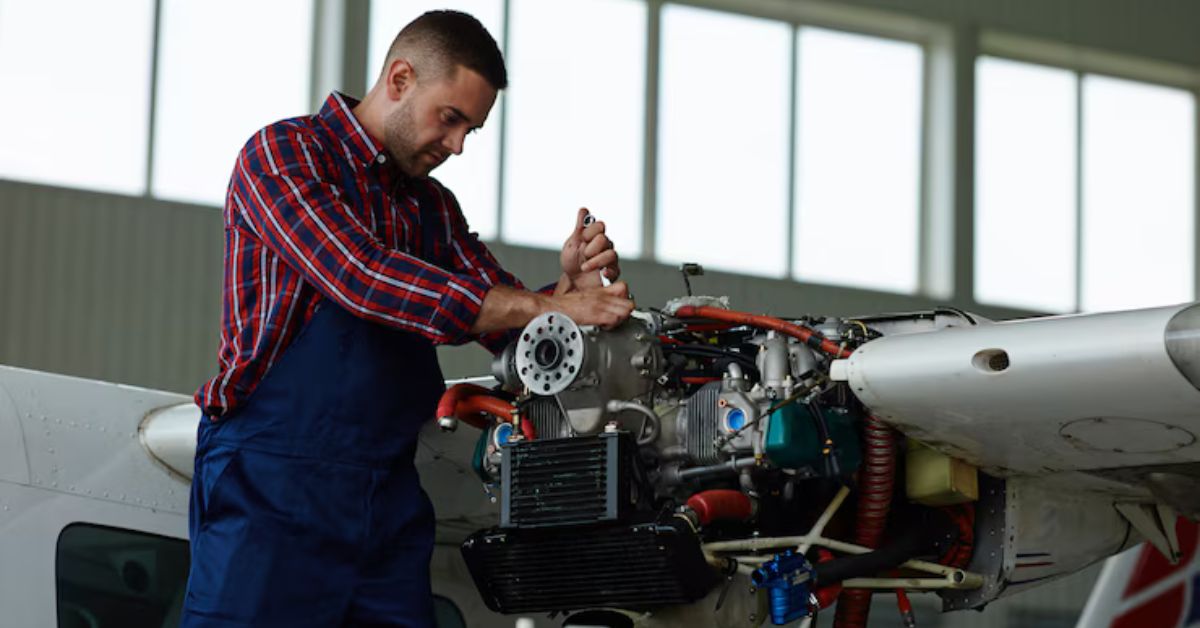6 Key Ways to Extend the Life of Electric DC Air Compressors
Reliability is key to keeping operations running smoothly in any manufacturing environment. Machines that power critical processes need to be dependable, and without proper maintenance, even the most efficient systems can falter. Among the many tools that keep production on track, an air compressor stands out for its ability to provide consistent, on-demand power with energy efficiency. Like any vital equipment, it requires regular upkeep to perform at its best.
An electric DC air compressor, in particular, requires a different level of attention due to its efficiency and precise energy use. By regularly maintaining this type of compressor, businesses can ensure it operates at peak performance, saving energy and reducing wear on critical components. This article outlines six straightforward maintenance tips to keep DC air systems in excellent working condition, ultimately enhancing productivity and preventing costly repairs.
1. Regularly Check and Replace Air Filters
Air filters are overlooked, but they play a major role in maintaining compressor efficiency. When filters get clogged, they restrict airflow, causing the system to work harder and consume more energy. This affects the compressor’s performance and can lead to overheating or damage over time.
It’s important to inspect the filters regularly and replace them as needed. The frequency depends on the environment—if the compressor is in a dusty area, it may require more frequent checks. Cleaning or replacing the filters ensures that the air flowing through the system is clean, reducing the risk of blockages and providing smoother operation.
2. Monitor and Maintain Proper Lubrication
Lubrication is another key aspect of maintaining an air compressor. Proper lubrication reduces friction between moving parts, preventing excessive wear and tear. Without adequate lubrication, components can quickly degrade, leading to costly repairs or replacements.
To avoid this, it’s important to regularly check the oil levels and use the appropriate type of lubricant recommended for the system. Keeping the compressor well-lubricated can extend its operational life and improve efficiency. Set a schedule to change the oil at the manufacturer’s recommended intervals, ensuring the compressor runs smoothly and efficiently.
3. Keep the Compressor Clean and Free of Debris
Dirt and debris can quickly build up around and inside an electric air compressor, especially if it’s located in a busy or high-traffic area. This buildup can cause the system to overheat, lower efficiency, and even lead to breakdowns.
Cleaning the compressor regularly helps maintain optimal airflow and cooling. Dirt and debris must be removed from the external components, including vents and cooling fans. Additionally, internal parts should be cleaned as part of a routine inspection to prevent dirt from interfering with moving parts. A clean compressor will function more efficiently and experience fewer breakdowns.
4. Inspect and Maintain Electrical Components
The electrical components of electric DC Air Compressors need regular attention to ensure they’re functioning properly. A malfunction in the electrical system can lead to power issues, causing the compressor to stop working or operate at less-than-optimal efficiency.
Inspecting the wiring, connectors, and switches can help detect potential problems before they become serious. Look for signs of wear, fraying, or loose connections, which could lead to electrical faults. Addressing these issues promptly ensures that the compressor continues to operate smoothly, reducing the risk of costly repairs and downtime.
5. Ensure Proper Air Pressure and Temperature Control
Maintaining the right air pressure and temperature is crucial for optimal compressor performance. If the pressure is too high or too low, the compressor can struggle to meet the system’s demands, leading to energy waste and potential system damage. Excessive heat can cause the motor and other components to wear out faster.
It is important to monitor the pressure regularly and adjust it based on the operational requirements. The compressor should also be kept within its recommended temperature range. Ensuring that pressure and temperature are maintained at optimal levels reduces stress on the system, extending its life and improving overall efficiency.
6. Schedule Regular Professional Inspections
While daily maintenance is essential, scheduling regular professional inspections can help identify problems that may not be visible during routine checks. A trained technician can perform detailed assessments of the system and detect early signs of wear, ensuring that issues are addressed before they lead to significant failures.
Professional inspections can also help optimize the system for energy efficiency, ensuring the compressor runs at peak performance. Although they may require an investment, these inspections pay off by preventing costly repairs and extending the compressor’s lifespan.
Maintaining an electric DC air compressor ensures its longevity and efficiency. Regularly checking air filters, ensuring proper lubrication, keeping the system clean, and monitoring electrical components are all crucial for optimal performance. Additionally, managing air pressure and temperature and scheduling professional inspections will help keep the system running smoothly for years. By following these six key maintenance tips, businesses can significantly reduce downtime, cut costs, and get the most out of their compressors.







